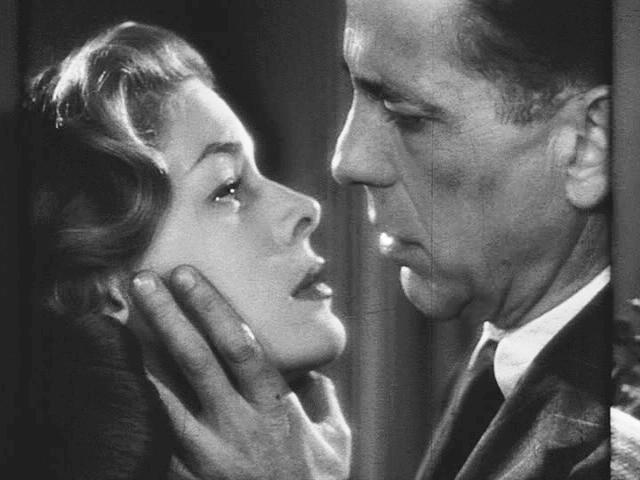I first fell under Bush’s spell in the autumn of 1985, the year she released her fifth studio album, Hounds of Love. The record had already gone straight to number one when on an October Saturday, mum took me on one of our cinema trips. The film I think we went to see was Brewster’s Millions but I can recall nothing about it. All that has stayed with me is the vivid memory of the trailer that showed first, a premiere of Kate Bush’s new video for the second single from the album, “Cloudbusting”.
For nearly seven minutes I was mesmerised. There was Bush, dressed like a boy from the Fifties, with a short red Dennis the Menace wig, Fair Isle cardigan and dungarees struggling up a vertiginous hill, behind a giant machine pulled on ropes by her father, played by the Hollywood actor Donald Sutherland. There weren’t many hills that steep in Birmingham and I had never seen such a vast horizon as the Vale of the White Horse in Oxfordshire where the action was set.
Into that seemingly endless blue sky, Bush and Sutherland pivot around the giant silver pipes of their machine. When nothing happens, Bush clutches Sutherland and she looks almost comically tiny, barely reaching his waist. The scene cuts to Sutherland in a laboratory and then back to sinister men in black hats and coats who appear and bundle Sutherland into the back of a car, chased by Bush. From the back window, he gestures her back to the hill where in the finale, she manages to wrestle the machine into producing a giant rain cloud, heavy drops falling down onto the car as it disappears over the horizon.
Belated H/T to Elizabeth for the link.





